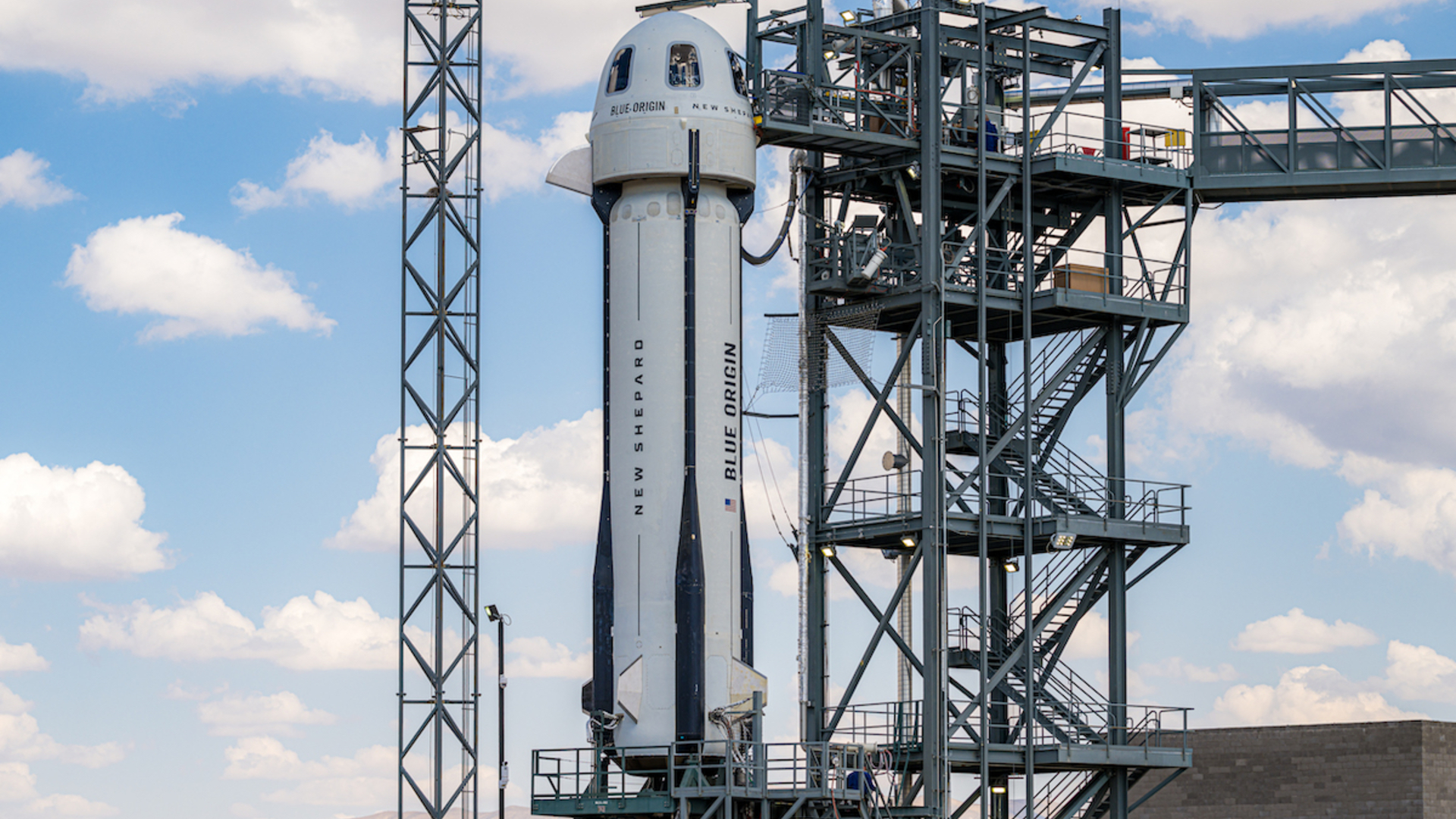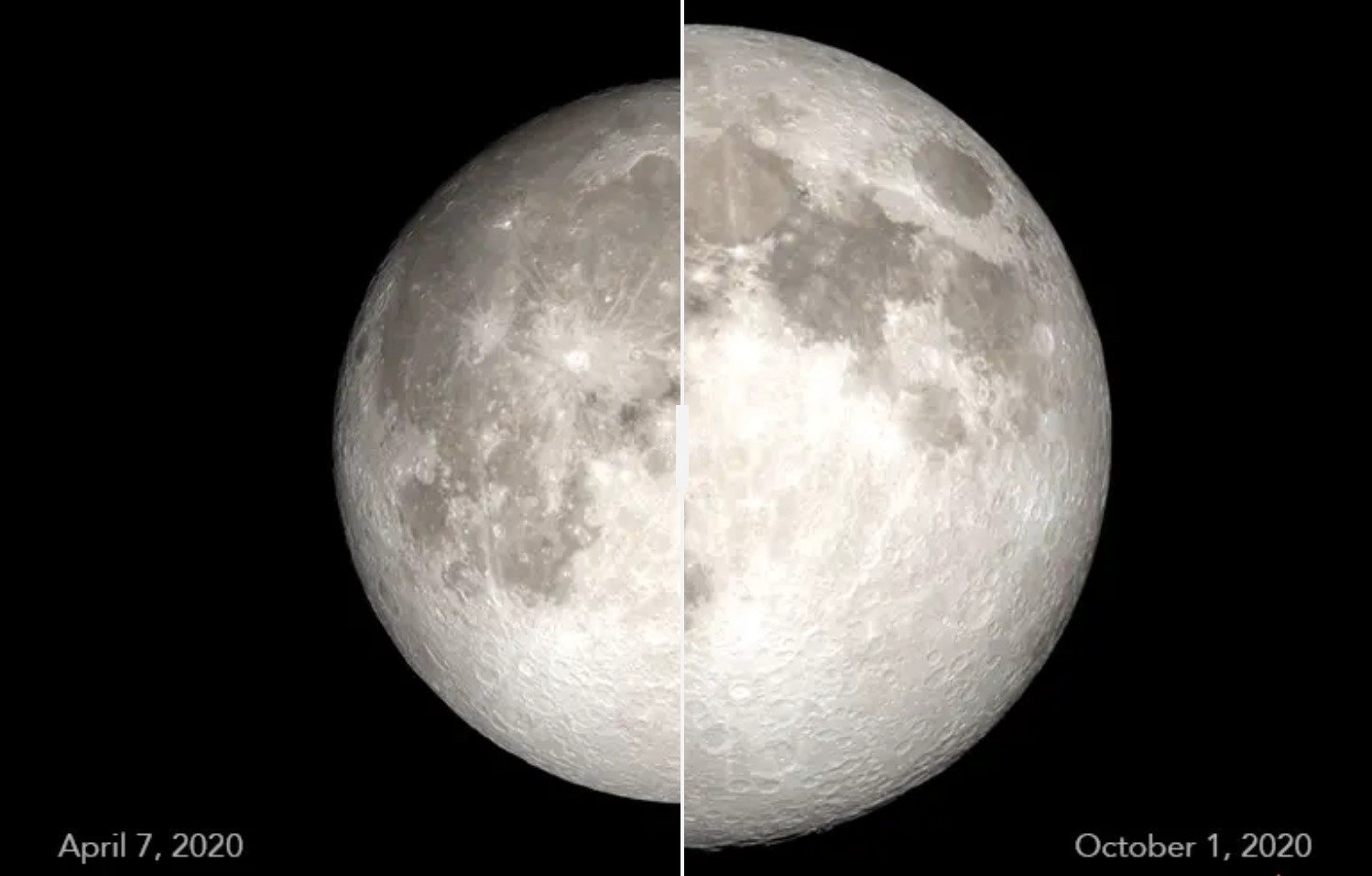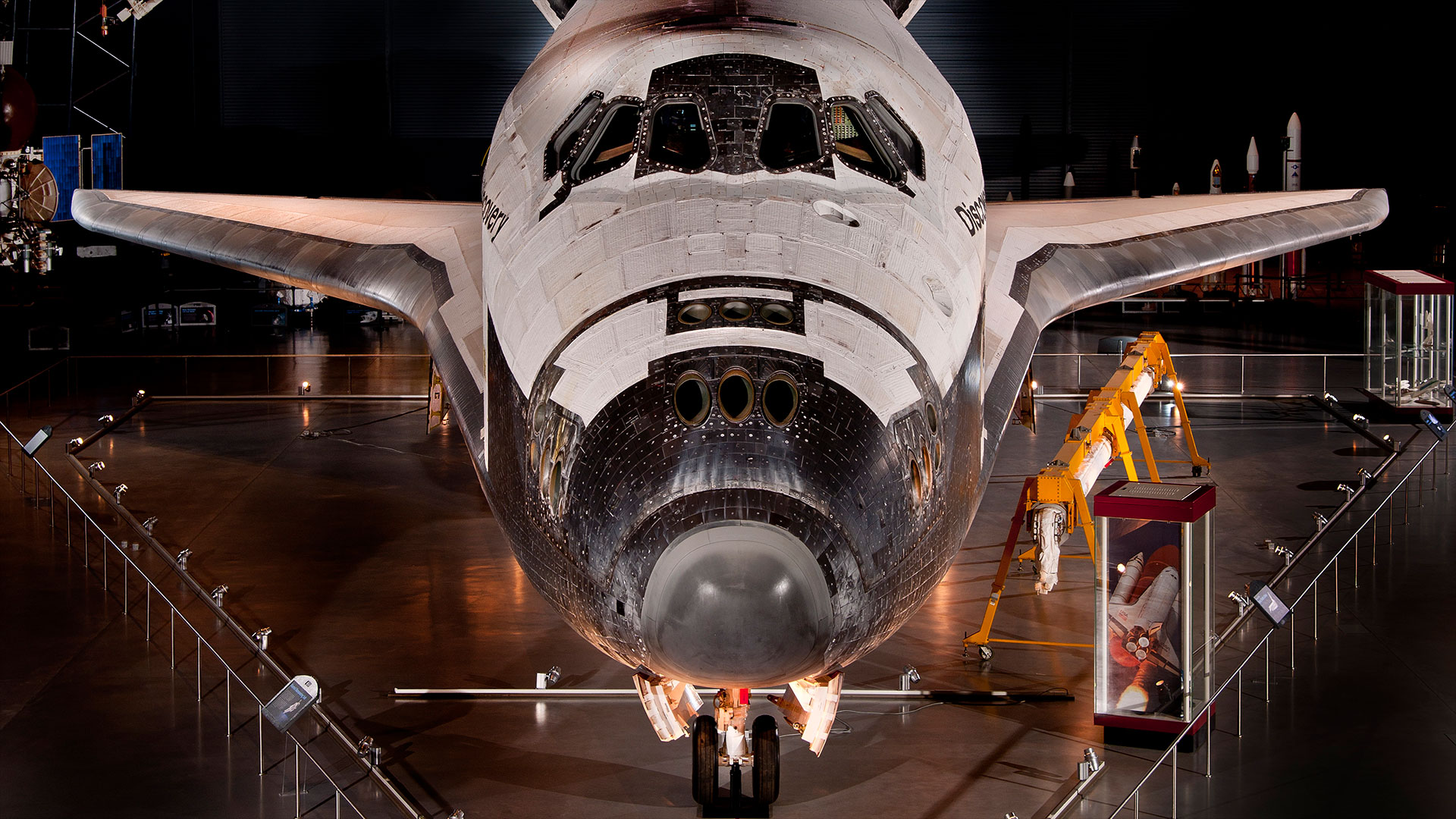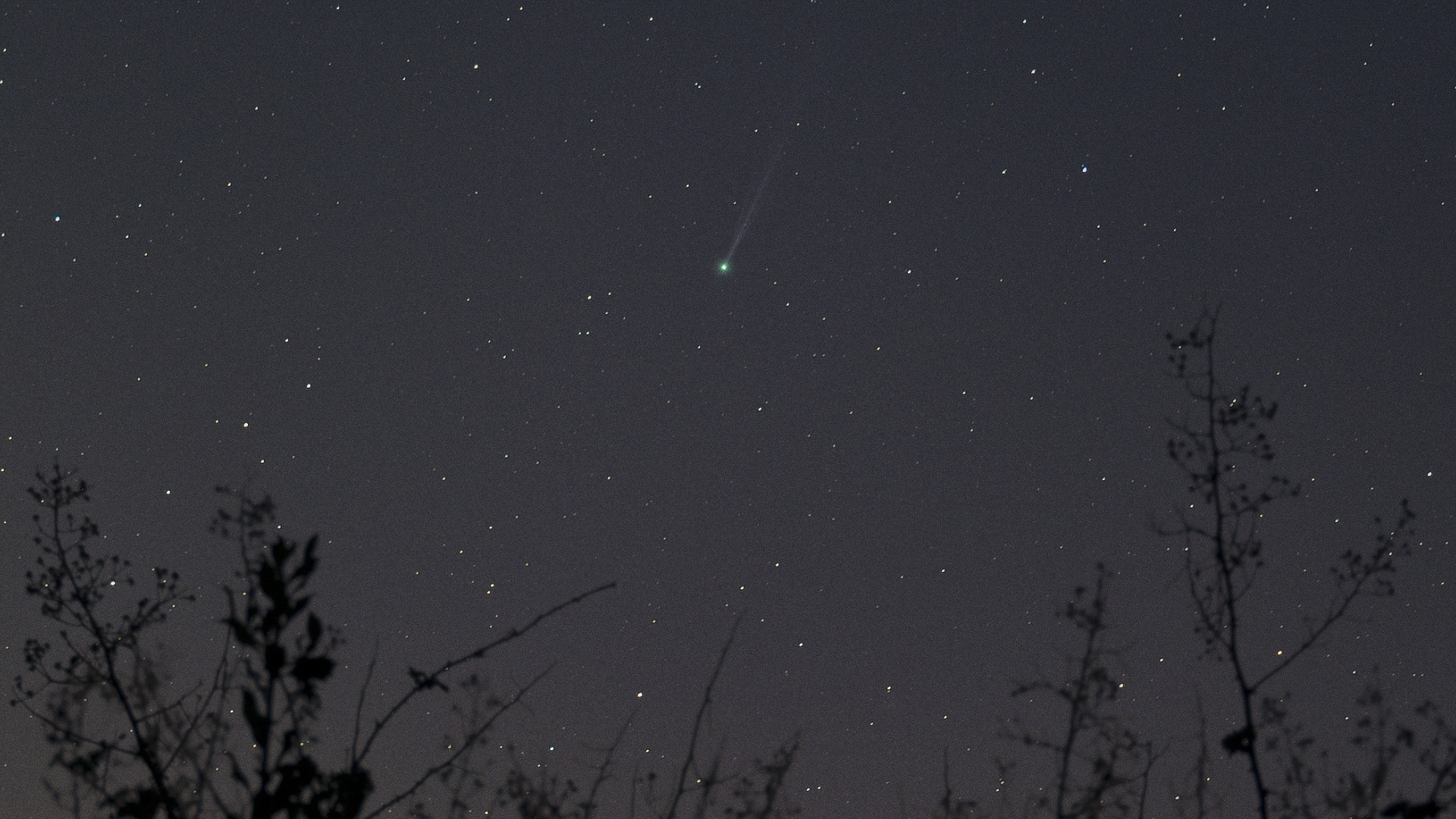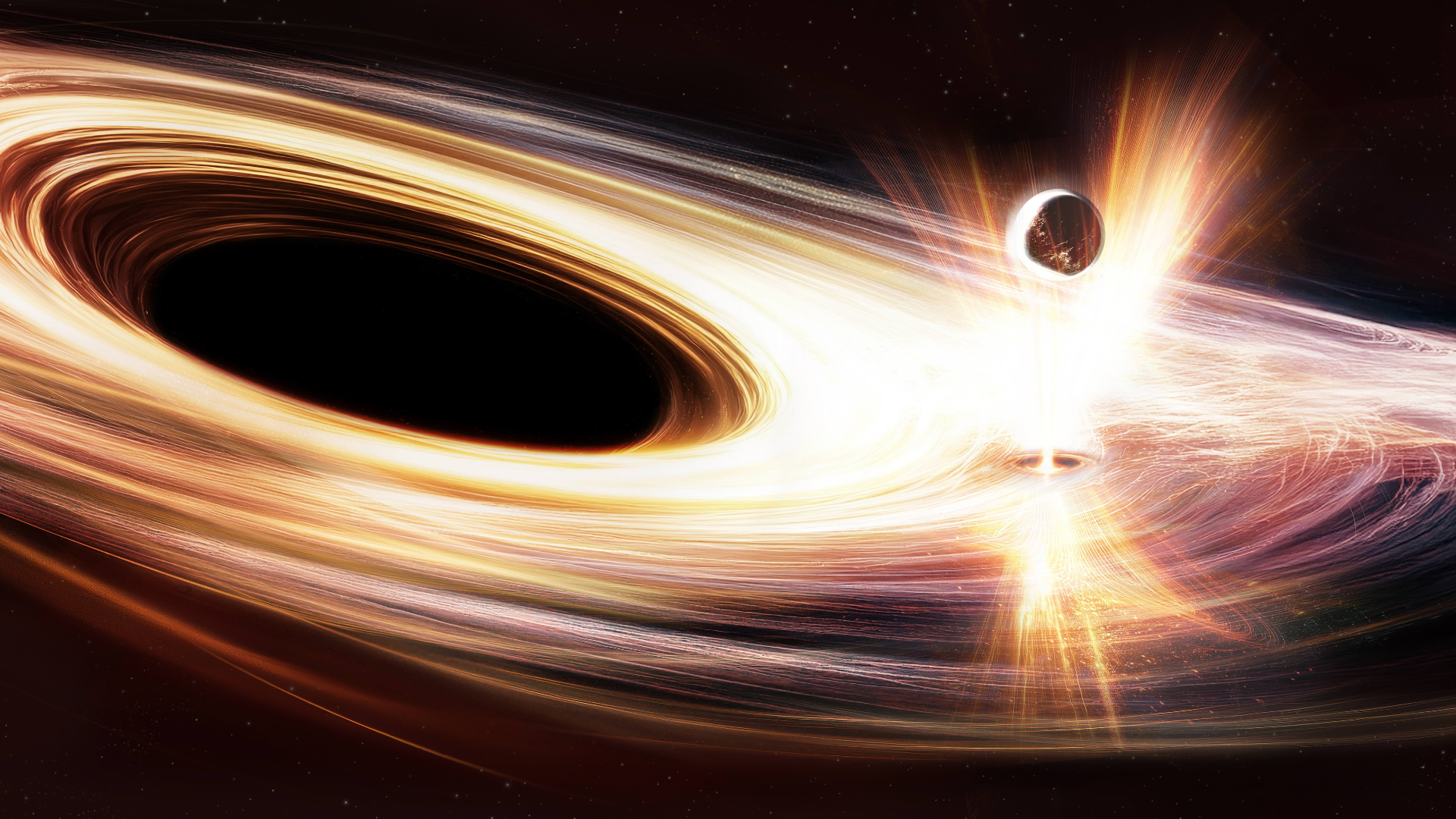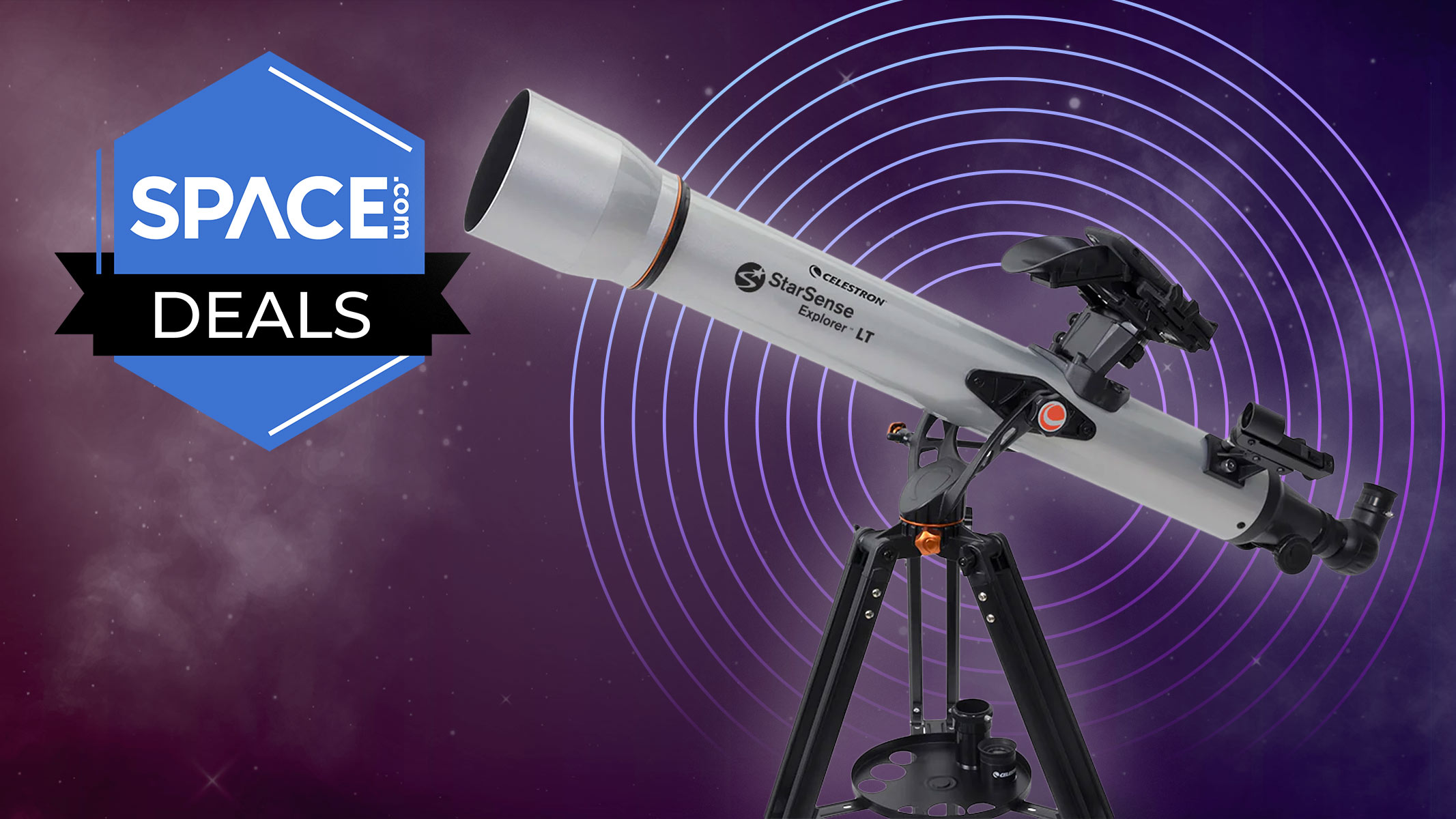The 2017 Solar Eclipse Has Begun: See What Time It Will Reach You
The Great American Solar Eclipse is upon us, and if you're planning to see it, timing is everything. From start to finish, the entire solar eclipse of Aug. 21 runs about four hours, but exactly what you can see and when depends on where you are. The eclipse began on the West Coast at 9:05 a.m. PDT (12:05 p.m. EDT/1605 GMT) and ends on the East Coast at 4:09 p.m. EDT (2009 GMT). You can watch the entire solar eclipse on Space.com, courtesy of NASA.
There are many options to find out exactly what time the eclipse starts, peaks and ends where you live, beginning with the interactive solar eclipse maps and apps listed here. You can also enter your ZIP code into this tool from the Courier-Journal or use this Solar Eclipse Computer from the U.S. Naval Observatory, which also uses ZIP codes and country locations for those outside the U.S. who can still see a partial solar eclipse. NOAA's Solar Eclipse Weather Page gives weather forecasts based on ZIP code, and the U.S. Department of Transportation has this U.S. Traffic Forecast for your location, too. And, of course, you can livestream the solar eclipse, if needed. The table below shows solar eclipse timeline for cities within the 14 states that will see totality during the eclipse.
| Location | Eclipse Begins | Totality Begins | Totality Ends | Eclipse Ends | Time Zone |
| Madras, OR | 09:06 a.m. | 10:19 a.m. | 10:21 a.m. | 11:41 a.m. | PDT |
| Idaho Falls, ID | 10:15 a.m. | 11:33 a.m. | 11:34 a.m. | 12:58 p.m. | MDT |
| Casper, WY | 10:22 a.m. | 11:42 a.m. | 11:45 a.m. | 01:09 p.m. | MDT |
| Lincoln, NE | 11:37 a.m. | 01:02 p.m. | 01:04 p.m. | 02:29 p.m. | CDT |
| Jefferson City, MO | 11:46 a.m. | 01:13 p.m. | 01:15 p.m. | 02:41 p.m. | CDT |
| Carbondale, IL | 11:52 a.m. | 01:20 p.m. | 01:22 p.m. | 02:47 p.m. | CDT |
| Paducah, KY | 11:54 a.m. | 01:22 p.m. | 01:24 p.m. | 02:49 p.m. | CDT |
| Nashville, TN | 11:58 a.m. | 01:27 p.m. | 01:29 p.m. | 02:54 p.m. | CDT |
| Clayton, GA | 01:06 p.m. | 02:35 p.m. | 02:38 p.m. | 04:01 p.m. | EDT |
| Columbia, SC | 01:03 p.m. | 02:41 p.m. | 02:44 p.m. | 04:06 p.m. | EDT |
Email Tariq Malik at tmalik@space.com or follow him @tariqjmalik and Google+. Follow us @Spacedotcom, Facebook and Google+.
Get the Space.com Newsletter
Breaking space news, the latest updates on rocket launches, skywatching events and more!
Join our Space Forums to keep talking space on the latest missions, night sky and more! And if you have a news tip, correction or comment, let us know at: community@space.com.

Tariq is the Editor-in-Chief of Space.com and joined the team in 2001, first as an intern and staff writer, and later as an editor. He covers human spaceflight, exploration and space science, as well as skywatching and entertainment. He became Space.com's Managing Editor in 2009 and Editor-in-Chief in 2019. Before joining Space.com, Tariq was a staff reporter for The Los Angeles Times covering education and city beats in La Habra, Fullerton and Huntington Beach. In October 2022, Tariq received the Harry Kolcum Award for excellence in space reporting from the National Space Club Florida Committee. He is also an Eagle Scout (yes, he has the Space Exploration merit badge) and went to Space Camp four times as a kid and a fifth time as an adult. He has journalism degrees from the University of Southern California and New York University. You can find Tariq at Space.com and as the co-host to the This Week In Space podcast with space historian Rod Pyle on the TWiT network. To see his latest project, you can follow Tariq on Twitter @tariqjmalik.
